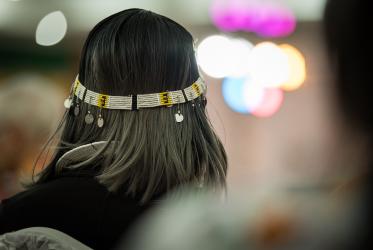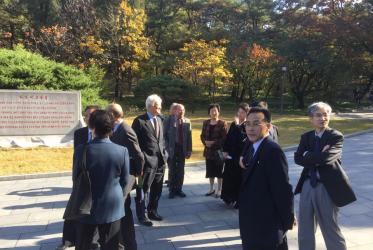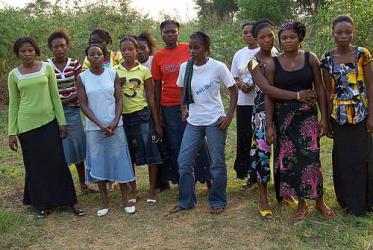Dear Sisters and Brothers,
I had addressed you less than a week ago at the opening of the WCC Eco School 2020-2021 on Sunday evening, Geneva time. And here I am addressing you at the closing. The past 5 days have passed very quickly. I have been updated by my colleagues responsible for the Eco School that this was an unique experience for all of them and I am sure for you as well. Carrying out a training programme for 5 consecutive days beyond midnight was new for most of them. But I gather it has been a very enriching experience for them journeying with you all imparting this important training and at the same time listening to your valuable comments, questions and feedback. But as I said in the opening, despite the geographic and time divide, we are united together virtually for a common cause - and that it eco justice!
04 March 2021
WCC Programmes










